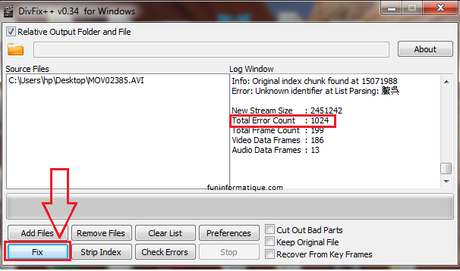
"ninja-setup-3.2.exe" wrote 1500 bytes to a remote process "%TEMP%\is-MCIAN.tmp\ninja-setup-3.2.tmp" (Handle: 200) Sends traffic on typical HTTP outbound port, but without HTTP header Queries volume information of an entire harddriveĪdversaries may attempt to get a listing of security software, configurations, defensive tools, and sensors that are installed on the system.Īdversaries may attempt to get information about running processes on a system.Īdversaries may target user email to collect sensitive information from a target.Īdversaries may communicate over a commonly used port to bypass firewalls or network detection systems and to blend with normal network activity to avoid more detailed inspection. Reads the registry for installed applicationsĪdversaries may attempt to gather information about attached peripheral devices and components connected to a computer system. Reads information about supported languages Malware, tools, or other non-native files dropped or created on a system by an adversary may leave traces behind as to what was done within a network and how.Īdversaries may attempt to get a listing of open application windows.Īdversaries may interact with the Windows Registry to gather information about the system, configuration, and installed software.
#REPARER FICHIER AVI AVEC DIVFIX SOFTWARE#
Software packing is a method of compressing or encrypting an executable.

Possibly tries to implement anti-virtualization techniquesĪdversaries may interact with the Windows Registry to hide configuration information within Registry keys, remove information as part of cleaning up, or as part of other techniques to aid in Persistence and Execution. Process injection is a method of executing arbitrary code in the address space of a separate live process.Īllocates virtual memory in a remote processĪdversaries may check for the presence of a virtual machine environment (VME) or sandbox to avoid potential detection of tools and activities.

#REPARER FICHIER AVI AVEC DIVFIX DRIVER#
Opens the Kernel Security Device Driver (KsecDD) of Windows

Loadable Kernel Modules (or LKMs) are pieces of code that can be loaded and unloaded into the kernel upon demand. Installs hooks/patches the running process Windows processes often leverage application programming interface (API) functions to perform tasks that require reusable system resources.


 0 kommentar(er)
0 kommentar(er)
